
Hozon showcases the Neta S at the Chengdu auto show in August. LIU ZHONGJUN/CHINANEWS
Aiways already has operations in Singapore and Laos. With Phoenix EV in Thailand, Aiways now claims to be "in the best possible position "in major growth markets in Southeast Asia.
Hozon, another Chinese electric car startup, started its globalization campaign this year, with Thailand as the first stop.
"Thailand is a hub for us to explore the Association of Southeast Asian Nations' market," said the carmaker, which produces Neta-branded vehicles.
Its Neta V crossover hit the Thai market in August and one month later expanded its deal with Thailand's largest energy firm PTT to explore the market by producing and installing charging facilities.
In September, Hozon launched the Neta V in Nepal, introduced its Neta U SUV and Neta V into Israel, and inked a deal with Lao car dealer Keo to introduce the Neta U. In October, it became the first EV startup to make inroads in Myanmar.
Hozon said its vehicles have proved popular in those countries. Within a month of its first model going overseas, their combined sales exceeded 5,200 units, it said.
Established Chinese carmakers are speeding up their pace in the region as well.
China's largest SUV and pickup maker Great Wall Motors is showcasing a number of its models at the 39th Thailand International Motor Expo held in Bangkok.
Its booth at the expo, which runs to Dec 12, highlights NEVs, including the Tank 500 hybrid electric vehicle and Haval H6 SUVs and the Ora Good Cat GT hatchback.
Narong Sritalayon, a sales executive of Great Wall Motors Thailand, said the carmaker is planning to launch four NEVs in the country in 2023.
There are five NEVs from the Chinese carmaker in the Thai market, with their combined sales reaching 13,000 units.
The carmaker is speeding up efforts to build charging infrastructure for local customers.
Also, via its app, its customers have access to 70 percent of the public charging facilities in Thailand, said the company.
Great Wall Motors said Thailand is a regional hub for its business in the ASEAN. The carmaker entered Thailand two years ago when it acquired a plant from General Motors.
The carmaker's lineup at the motor expo has attracted more than 200 car dealers from 50 countries and regions to experience its latest products and technologies.
Last week, Great Wall Motors unveiled its electric car marque Ora in Malaysia, with two sedans launched at the event.
Zhang Jiaming, president of the carmaker's ASEAN operations, said Great Wall Motors will launch nine models in the country over three years. With most of them being NEVs, it aims to be the leading NEV brand in Malaysia.
Wuling, one of the most popular Chinese EV brands, is producing its Air EVs in Indonesia. The compact models served as shuttles at the G20 Bali summit held in November.
It hit the local market in August as SAIC-GM-Wuling's first electric model to be sold overseas. The automaker said it has received more than 5,000 orders for the model, which is the most popular NEV in Indonesia.
Indonesia, as the largest vehicle market in Southeast Asia, expects the share of electric motorbikes and electric cars made in the country to reach 20 percent of total car production by 2025.
Indonesia is setting a 2025 deadline for all state-owned companies to use EVs as part of its goal of reaching net zero emissions by 2060, according to Bloomberg.
SGMW's Bekasi base in Indonesia, with a total investment of $1 billion, started production in 2017, providing around 100,000 jobs for locals.
Covering an area of 60 hectares, the base has now been developed into an auto industrial park, which involves a complete industrial chain. Wuling said the company will attract more Chinese suppliers to set up plants in Indonesia to beef up the local NEV industry.
Xu Haidong, vice-chief engineer of the China Association of Automobile Manufacturers, said the improved competitiveness of Chinese vehicles, especially NEVs, lies in their bold design, cutting-edge innovation, production quality and services.
China's car exports reached the milestone of 2 million units in 2021, with more than 50 percent growth in the first 10 months of 2022, said Xu. He expects total vehicle exports this year to exceed 3 million units, with NEVs as a driving force.








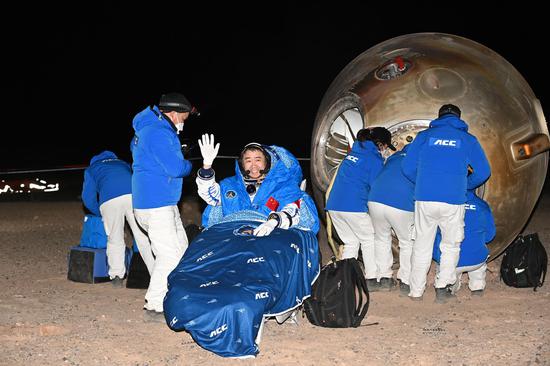

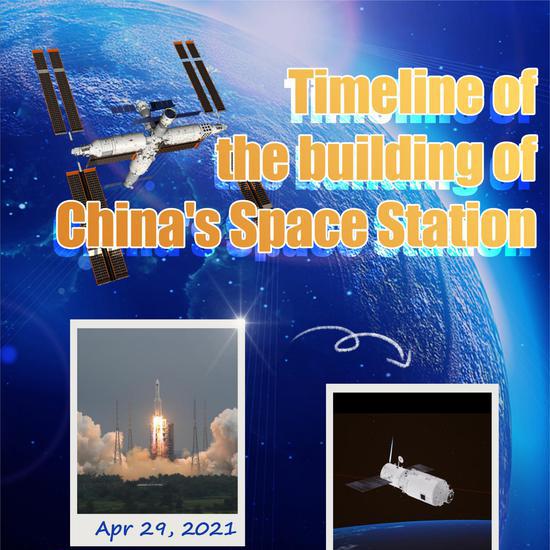
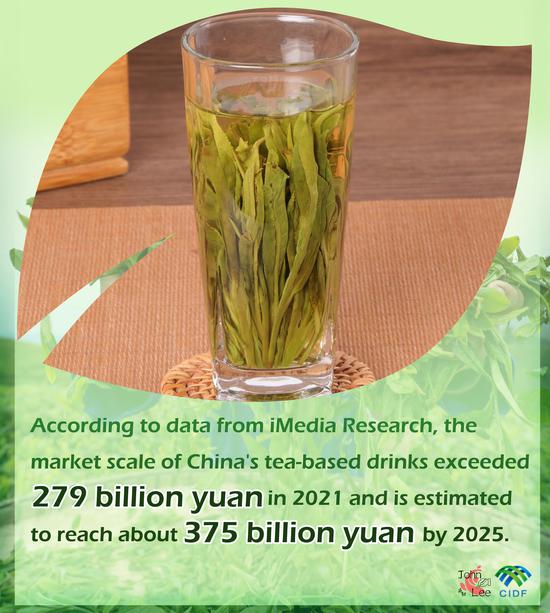
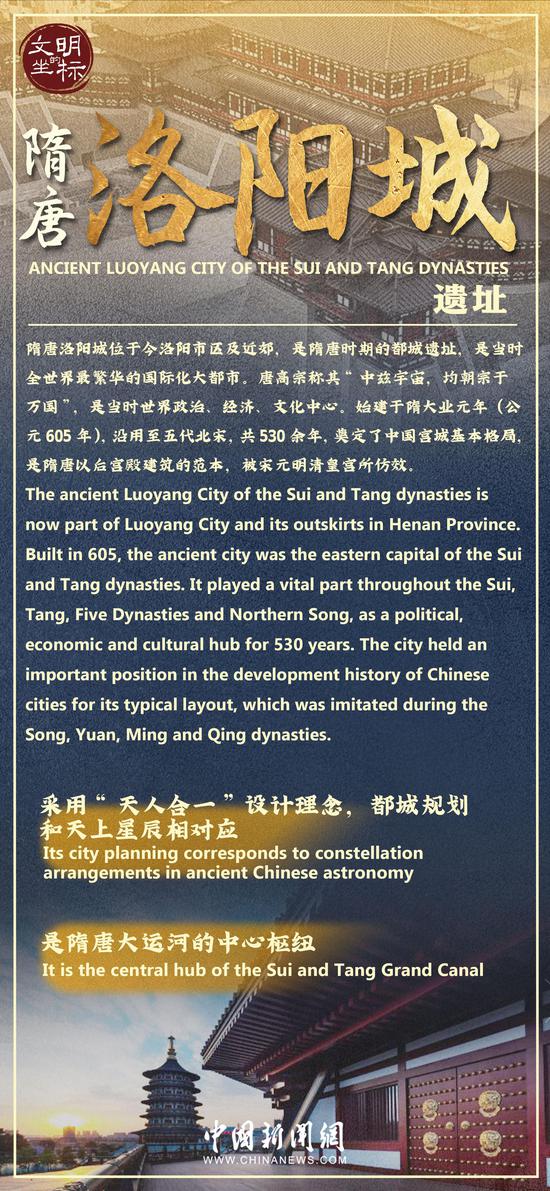
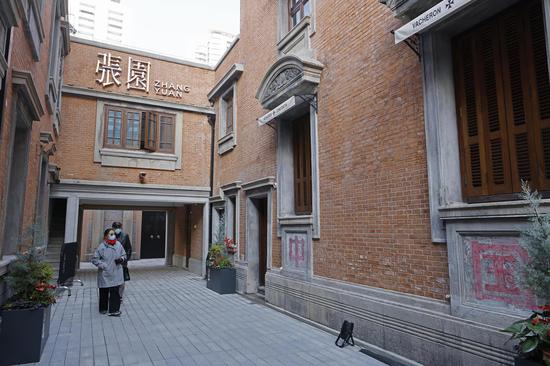


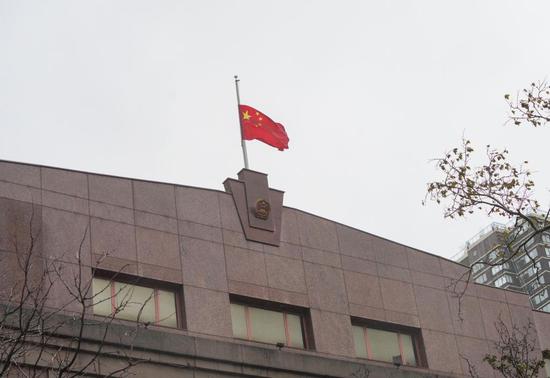

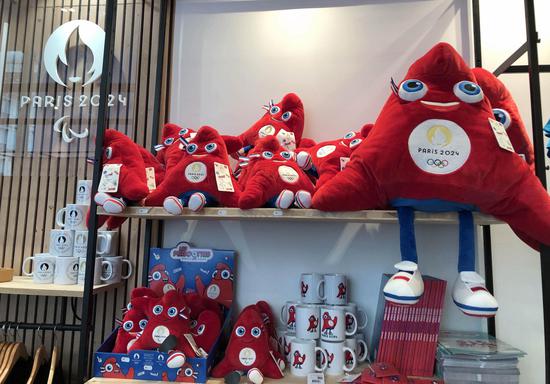
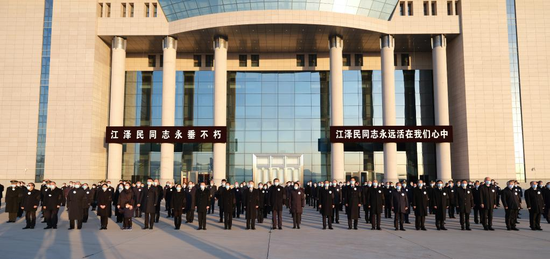

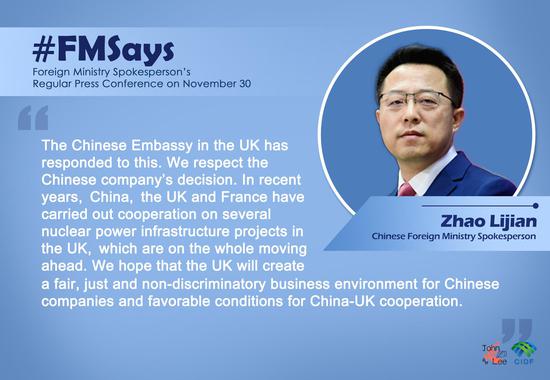
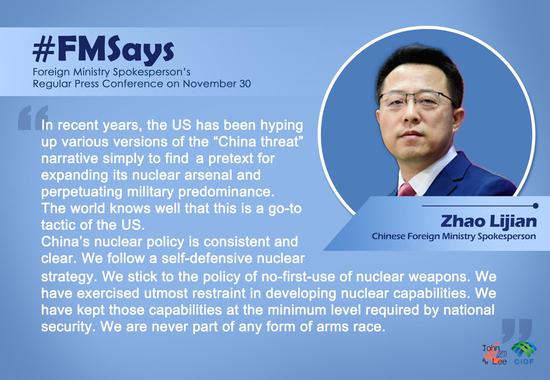


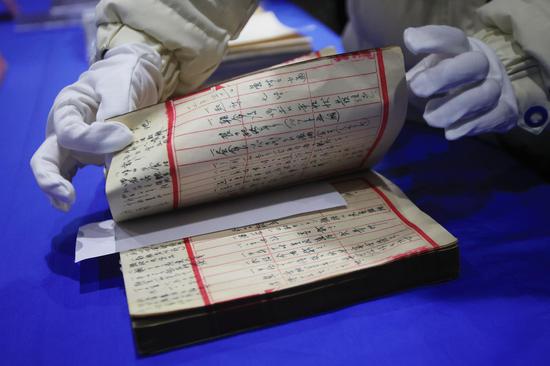
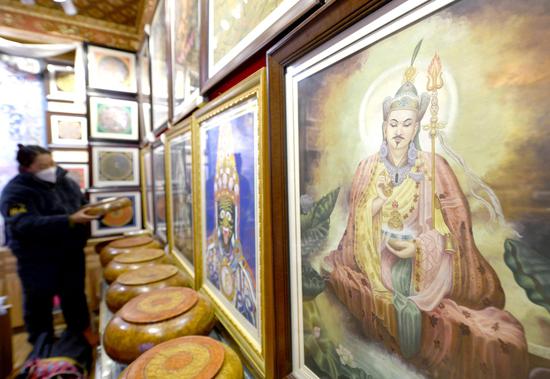
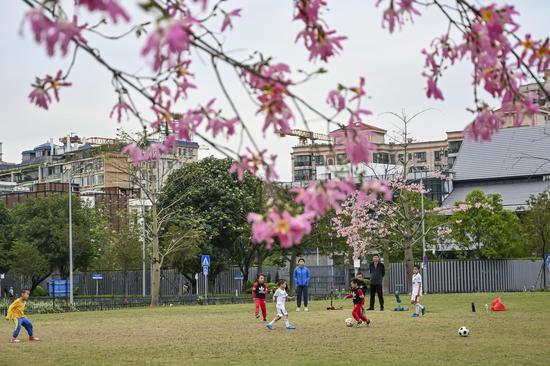
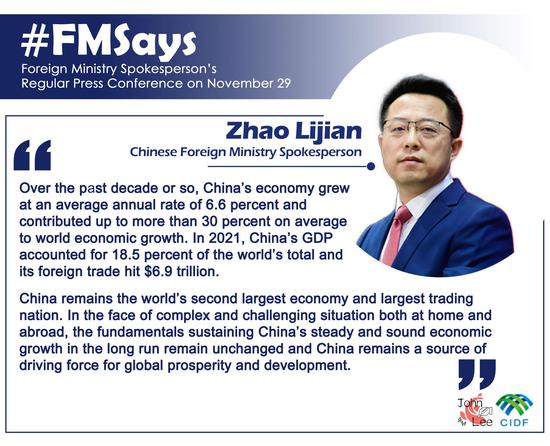
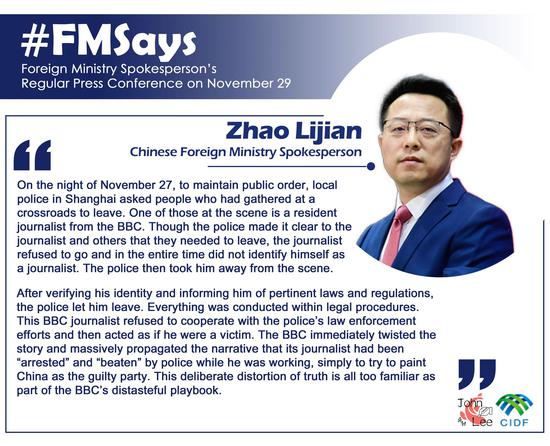
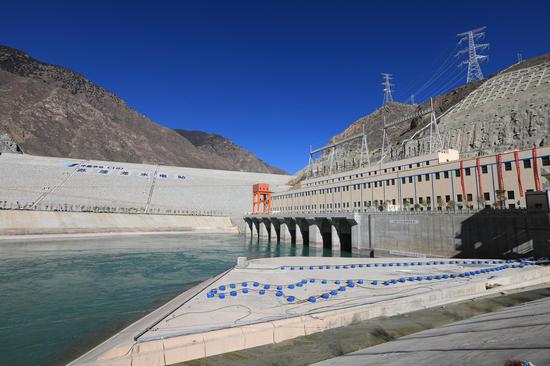


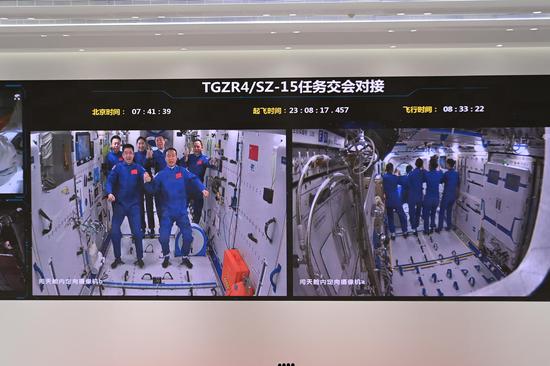
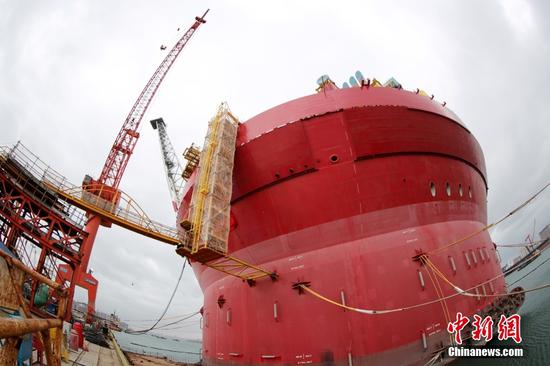
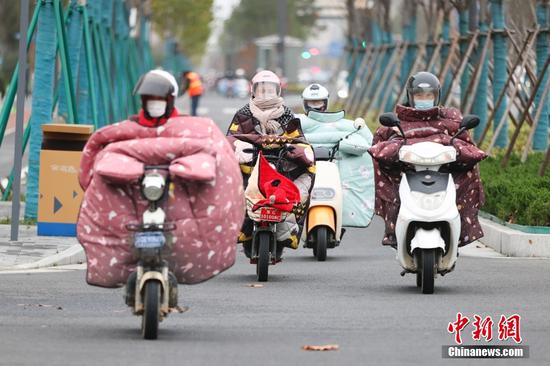
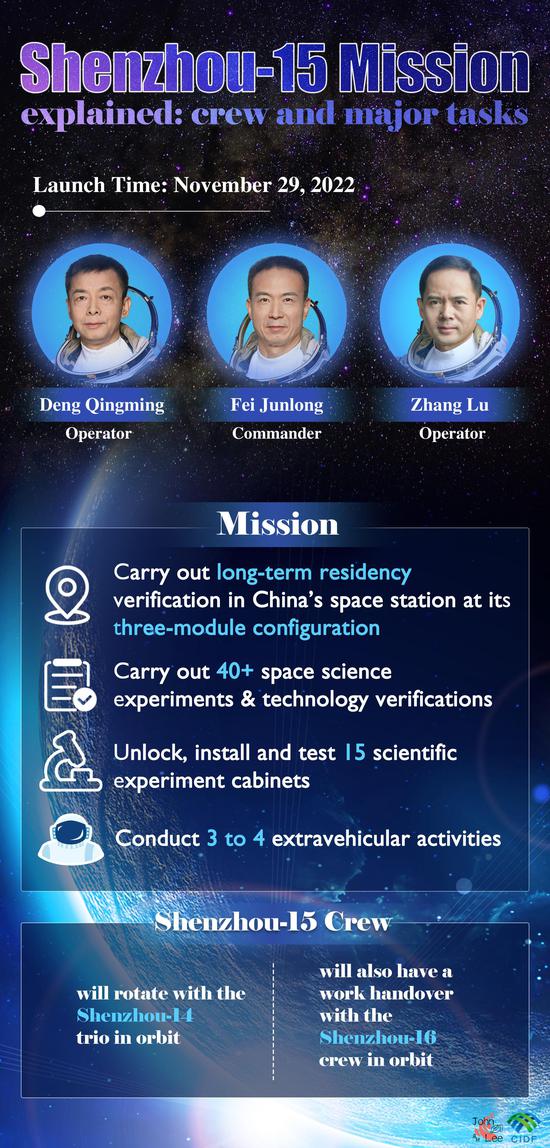




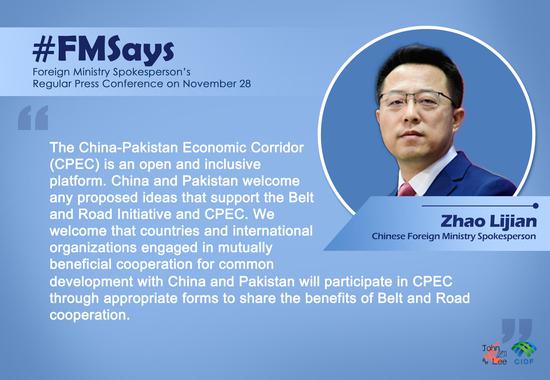
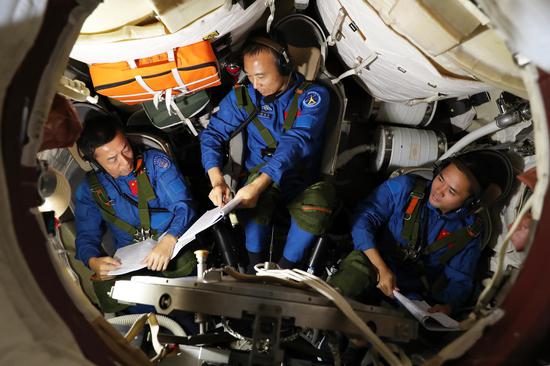
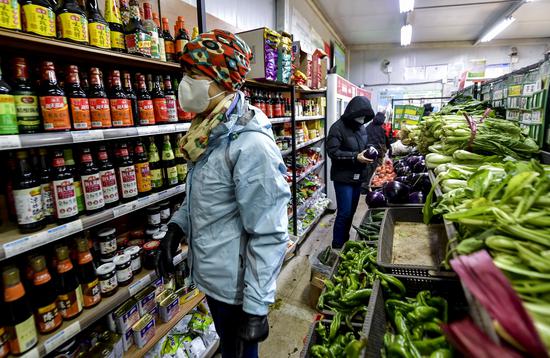






 京公網安備 11010202009201號
京公網安備 11010202009201號